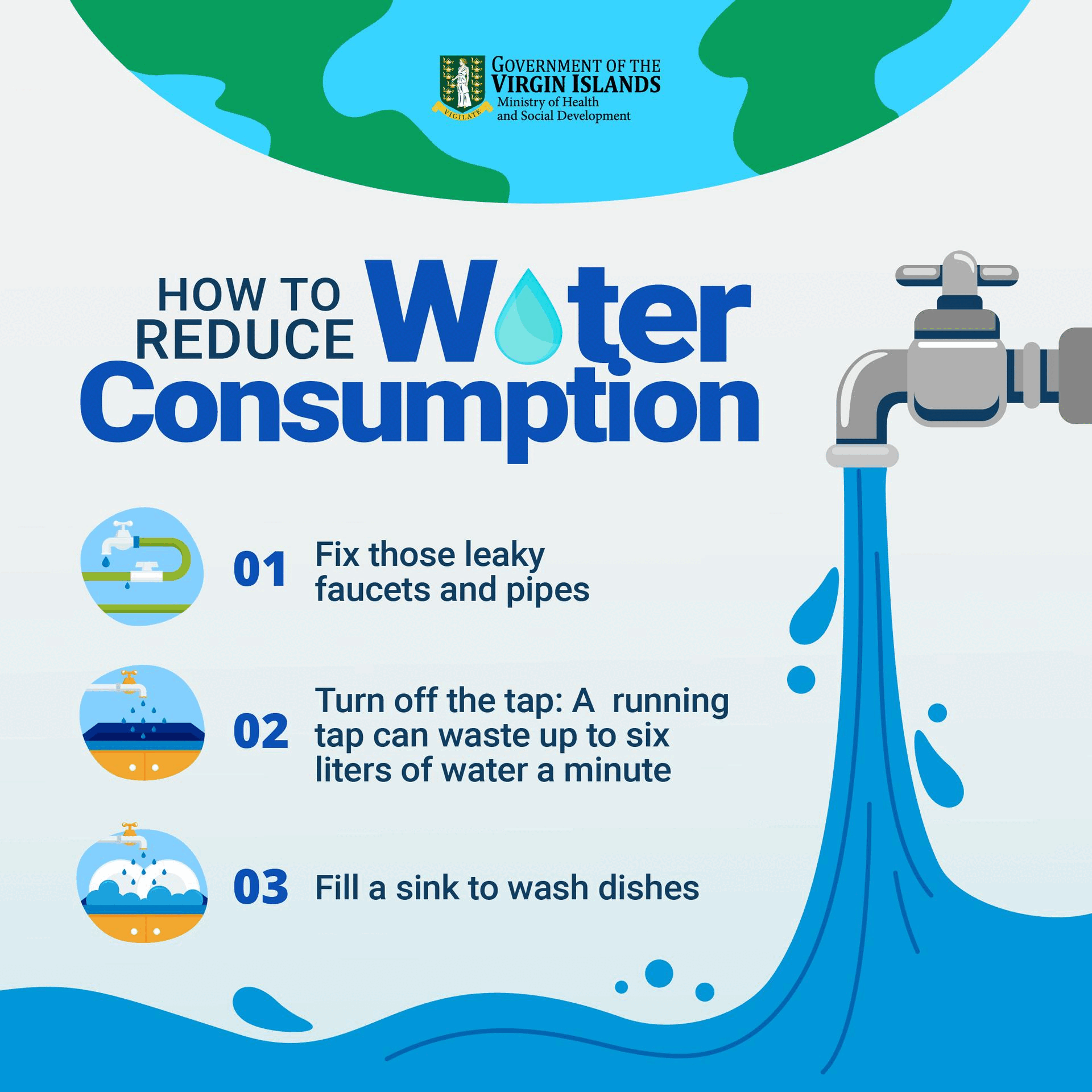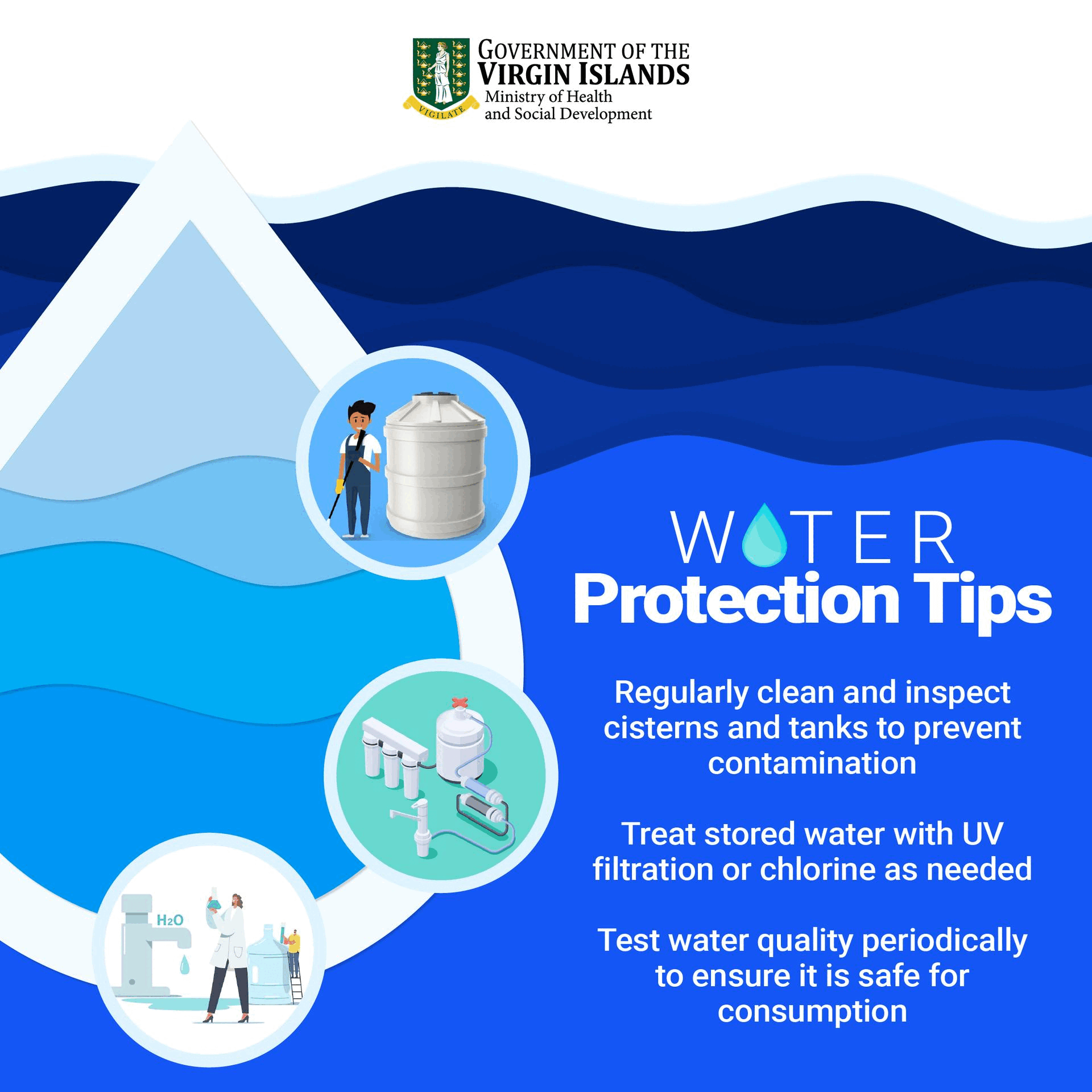New guidelines for sentencing takes effect September 1, 2020


This is according to a statement on the Eastern Caribbean Supreme Court (ECSC)’s website, released on July 30, 2020.
It said, the plan is to have the guidelines for firearm offences, and re-issue guidelines for drugs, dishonesty which includes robbery, theft, burglary and aggravated burglary; re-issue guidelines for sexual offences including unlawful sexual intercourse, aggravated unlawful sexual intercourse, indecency, incest and rape come into effect on September 1, 2020.
On September 17, 2019, the initial guidelines for unlawful and aggravated sexual intercourse, theft, drug crimes, robbery and rape were launched and came into effect on October 1, 2019.
“Since the launch of the first set of guidelines, the Committee has not only monitored the existing guidelines for fairness and effectiveness but has also worked on developing new guidelines,” the release said.
Guidelines not to achieve uniformity
“It must be reiterated that the Sentencing Guidelines are not intended to achieve uniformity in sentences or to restrict judicial discretion,” the release stated.
It added: “By employing measures which demonstrate the consistency of approach and by mandating that clear reasons are provided for sentences passed, these guidelines will assist immensely in maintaining and promoting public confidence and transparency in the criminal justice system.”
These guidelines will be implemented by the Supreme Court and the Magistrates’ Court in each member state and territory, but until September 1, 2020, the existing guidelines will remain in force.
The guidelines are the work of the Sentencing Advisory Committee under the chairmanship of His Lordship, Justice Iain Morley.










.png)



















8 Responses to “New guidelines for sentencing takes effect September 1, 2020”